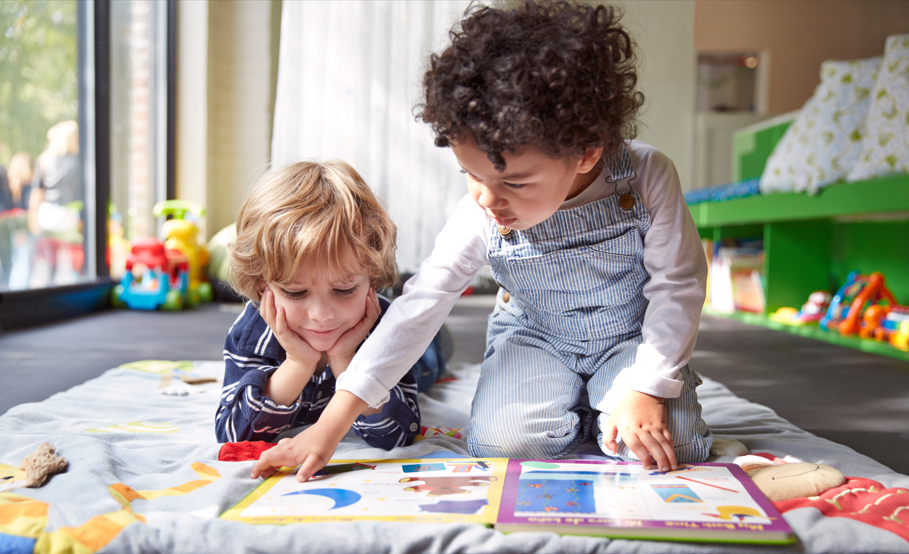When we think about preparing our children for school success, it’s natural to focus on academic readiness. Can they write their name? Do they know their letters and numbers? While these skills are important, research reveals that social and emotional development forms the foundation for all future learning. The child who can regulate their emotions, work well with others, and bounce back from setbacks will thrive long after they’ve mastered their multiplication tables.
Understanding Social and Emotional Learning
Social and emotional learning encompasses the skills children need to understand and manage their feelings, build positive relationships, and make responsible decisions. These capabilities aren’t just nice-to-have extras—they’re essential life skills that directly impact academic achievement, mental health, and future success in both personal and professional relationships.
Unlike cognitive skills that develop through direct instruction, social and emotional abilities grow through experience, practice, and modeling. Every interaction becomes a learning opportunity, whether it’s sharing toys at the playground or navigating disappointment when a favorite activity ends.
Core Skills Every Preschooler Should Develop
Self-Awareness and Emotional Recognition
The journey begins with helping children identify and name their emotions. A preschooler who can say “I’m frustrated because this puzzle is hard” has taken a crucial first step toward emotional maturity. This awareness allows them to communicate their needs effectively rather than acting out through tantrums or aggression.
Start by expanding your child’s emotional vocabulary beyond “happy,” “sad,” and “mad.” Introduce concepts like disappointed, excited, nervous, or proud. Reading books together provides natural opportunities to discuss characters’ feelings and relate them to your child’s own experiences.
Self-Regulation and Impulse Control
Perhaps no skill is more critical for school readiness than the ability to manage emotions and control impulses. The child who can wait their turn, follow directions even when they’d rather be doing something else, and calm themselves when upset will adapt more easily to structured learning environments.
Simple strategies like deep breathing, counting to ten, or having a designated calm-down space help children develop their own toolbox of coping mechanisms. Remember that self-regulation is a skill that develops gradually—don’t expect perfection, but celebrate progress.
Empathy and Perspective-Taking
The ability to understand and care about others’ feelings forms the basis of healthy relationships. Preschoolers are naturally developing this capacity, moving beyond their toddler-age focus on their own immediate needs to considering how their actions affect others.
Encourage empathy by asking questions like “How do you think your friend felt when that happened?” or “What could we do to help?” Model compassionate behavior in your own interactions, showing children what it looks like to care for others.
Social Skills and Relationship Building
Successful peer relationships require a complex set of skills: sharing, taking turns, resolving conflicts, and collaborating toward common goals. These abilities don’t come naturally to most preschoolers but can be learned through guided practice and gentle coaching.
Create opportunities for your child to practice social skills in low-pressure settings. Arrange playdates, visit parks, or participate in community activities where children can interact with diverse groups of peers.
The Role of Quality Preschool Programs
Early childhood education programs understand that academic and social-emotional learning go hand in hand. Preschools like Bridges Preschool and similar institutions, integrate social and emotional skill development into every aspect of their curriculum, from circle time discussions about feelings to collaborative art projects that require negotiation and compromise.
Look for programs that prioritize relationship-building between teachers and children. Warm, responsive educators who know each child as an individual can provide the emotional support necessary for healthy development. These teachers recognize that a child’s behavioral challenges often signal underlying emotional needs rather than defiance.
Programs also create structured opportunities for peer interaction while providing the scaffolding children need to navigate social situations successfully. They teach conflict resolution strategies, establish clear expectations for behavior, and help children develop the language skills necessary to express their needs appropriately.
Supporting Development at Home
Parents remain the most influential teachers in their children’s social and emotional development. Create a home environment where feelings are acknowledged and validated, even when behaviors need correction. Establish consistent routines that help children feel secure and develop self-control through predictability.
Model the skills you want to see by managing your own emotions thoughtfully, showing kindness to others, and demonstrating problem-solving strategies when faced with challenges.
Building Foundations for Lifelong Success
The social and emotional skills developed during the preschool years create ripple effects that extend far beyond kindergarten readiness. Children who enter school with strong emotional regulation, empathy, and social skills are better equipped to form positive relationships with teachers and peers, handle academic challenges with resilience, and maintain better mental health throughout their lives.
By prioritizing these foundational skills alongside academic preparation, we give our children the tools they need not just to succeed in school, but to thrive as compassionate, capable human beings.


